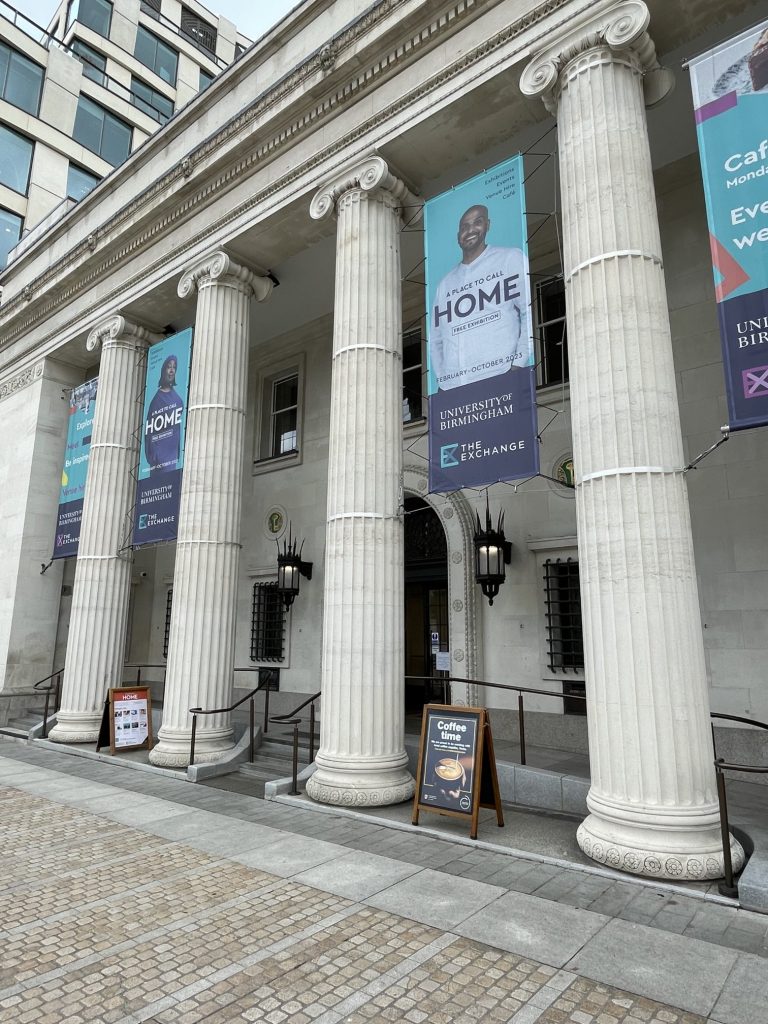
UPEN was established in 2018 to bridge and communicate the needs of government and parliament, as well as the relevant bodies in the devolved nations, to researchers. The theme of this year’s conference was how multidisciplinary research can broker new connections and networks and foster a more coherent and consistent knowledge exchange between government and academia.
The keynote speech was delivered by Jonathan Mills, Director General for Energy Markets and Supply at the Department for Energy Security and Net Zero (DESNZ). A recurring theme throughout the conference was expanding perspectives in policy formation and creating greater representation across the policy landscape. Jonathan oversees the reviewing process and resilience of the UK’s energy system as well as ensuring that government-wide response structures are adequate to meet demand. Demystifying the context from within government, Jonathan revealed that policy and decision making is a process, rather than a top-down outcome. His experience of policy involves a team of voices rather than core civil service individuals. There can remain a generalist approach to certain areas of policy discussion but fundamentally this is not just done within government but rather his role includes improving the expertise within the room and providing new pathways for greater representation of voices and alternative perspectives. This move supports the enhancement of a wider evidence base to tackle the pressing and more immediate policy actions over the past few years, in relation to trade (Brexit) and health (the Covid-19 Pandemic). Key to this was not relying on and approaching the ‘usual suspects’ but firmly committing to providing a broader knowledge area of research interests and range of perspectives to fix the ‘wicked problems’ facing the UK in future.
A pertinent question within the opening discussion was around the potential distrust of arts and humanities research as evidence for policy makers, and whether there was a more trust within government for scientific disciplines. While there was reassurance that all disciplines are vital to policy consideration there was a sense that A&H can be a poor relation to other disciplines within knowledge mobilisation. Indeed, as highlighted in the By All, For All: The Power of Partnership report there currently exists a poverty in policy infrastructure in UK government where AHRC R&D is under-represented. There is a policy member for every discipline-based council of UKRI in the Parliamentary Office of Science and Technology (POST) except for Arts & Humanities which wholesale limits the flow of information available to government and obfuscates the possibility of platforming relevant A&H research into applicable policy development. Another common repeated phrased in the conference was that ‘80% of research is already out there’ and it is down to the many initiatives either currently in operation or in development to bridge the gaps between this research and policy in order to scrutinise the wider evidence base.

James Canton from ESRC spoke of the need to bring links with research closer to Whitehall, local and regional government by integrating and emphasising policy impact within ESRC funding calls and opportunities. Two recent ESRC initiatives uphold this commitment: UKRI’s Policy Fellowships 2023 opportunity where researchers have the opportunity to co-design research to inform policy on a priority area, improve the exchange of knowledge between policy and academic institutions; and providing information flow in the other direction is the Policy Talent Accelerator Network, a chance for civil servants to be embedded in academia to build new routes for ‘policy to research’ initiatives that facilitate policy makers engaging with research communities as part of their professional policy upskilling.
Upskilling is key to developing and flipping this assumption by preparing early or mid-career research with the impact and policy tools to be confident to operate in the policy arena. Policy can be a complex environment with competing interests which academics are not entirely prepared for, but through secondments with policy organisations or utilising impact tools such as blogs, infographics, speaking to broader audiences and government network training, the gap between research – in particular A&H – and government is becoming more bridgeable with the increased likelihood that there will be more relevant and applicable A&H research to policy.
Across the day, challenges were raised around providing equitable dynamics within project partnerships, top-down extractive notions must be avoided so that long term and resilient collaborations can draw upon individual contexts and expertise that can often be silenced and unacknowledged at a policy engagement stage. It is with this rationale and context that the Creative Communities team will be embarking on a series of policy labs from September 2024-June 2024. Five in-person Policy Labs will be delivered in each one of the devolved nations and London and central to that ethos all representatives – from HEIs, IROs, local government, arms-length funders, third and private sector partners and communities – will be equally open to share unique experience of co-creation and multi-partner R&D and co-authoring governmental report and briefs to be presented within policy consultation. The feedback from that discussion and the conference will further feed into the planning of the labs. This cross-pollination will aim to nurture a Creative Communities Policy Lab Network – again recommended in our report – as infrastructure that will close the A&H policy engagement skills gaps and communications gaps within policy brokerage now and for the future.
Brought to you by


